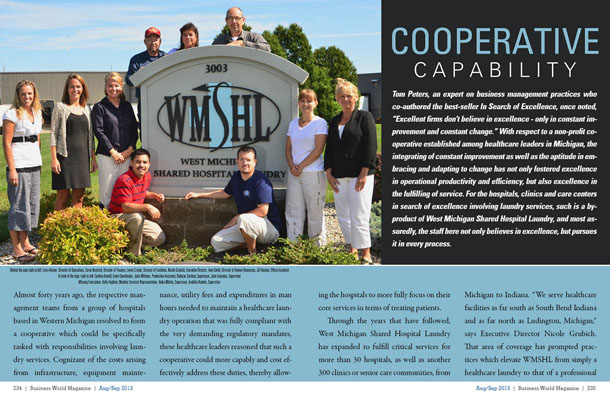TONY EASTLEY: The WikiLeaks founder Julian Assange has said much in the past about his rationale for publishing confidential government documents.
But little has been known about his take on the sexual assault claims he’s facing in Sweden.
That’s now changed.
From the English mansion where he’s living under strict bail conditions Mr Assange has given a serious of interviews explaining why he’s fighting extradition to Sweden.
Barbara Miller has this report.
BARBARA MILLER: It would be hard to imagine carrying out Julian Assange’s work without a healthy sense of self belief and in a BBC interview the WikiLeaks founder certainly displays an abundance of it, describing himself as a gentleman, a generous man of good character and with serious work to do.
He explains why he doesn’t think he should be extradited.
JULIAN ASSANGE: My work is serious. I do not have to run off to random states simply because some prosecutor is abusing a process in those states.
BARBARA MILLER: Assange continues his criticism of Swedish authorities by saying they have selectively released details of the case against him to newspapers.
When asked if it’s not a bit rich of him to be critical of leaking, this is his response.
JULIAN ASSANGE: We are an organisation that does not promote leaking. We are an organisation that promotes justice.
BARBARA MILLER: Julian Assange says he doesn’t think he was the victim of a classic honey trap. But he plays down the seriousness of the allegations made against him by two women.
JULIAN ASSANGE: It is less probable that there was that type of involvement…
BBC INTERVIEWER: The honey trap…
JULIAN ASSANGE: …at the very beginning. That type of classic Russian Moscow thing, that is not probable.
BBC INTERVIEWER: That leaves us with the fact – because you accept this – that one of those women at least did make a complaint against you.
JULIAN ASSANGE: Not even a complaint. It appears from the records that we do have the suggestion is that they went to police for advice.
BBC INTERVIEWER: Alright, they went to the police.
JULIAN ASSANGE: They did not want to make a complaint. What they say is that they found out that they were mutual lovers of mine and they had had unprotected sex and they got into a tizzy about whether there was possibility of sexually transmitted diseases. And they went to the police.
BBC INTERVIEWER: They wanted you to have a test as well.
JULIAN ASSANGE: To have a test, so ridiculous thing to go to the police over.
BBC INTERVIEWER: Why – did you have a test?
JULIAN ASSANGE: Ridiculous thing to go to the police about.
BARBARA MILLER: Mr Assange denies suggestions he is some kind of sexual predator, instead describing himself as a gentleman.
JULIAN ASSANGE: Not only does a gentleman not tell, not only does a gentleman like to talk about his private life, a gentleman certainly doesn’t count. Women have been generous to me over many years.
BBC INTERVIEWER: In what sense?
JULIAN ASSANGE: You know in the sense of assisting me with my work, caring for me. So this particular episode in Sweden came as a great shock.
BARBARA MILLER: On his WikiLeaks work Julian Assange says he’s trying to do some good and that despite the difficulties he’s facing he’s at peace with that. He says he learned one important lesson from his father.
JULIAN ASSANGE: That capable, generous men don’t create victims. They try and save people from becoming victims. And that is what they are tasked to do and if they do not do that, they are not worthy of respect or they are not capable.
BARBARA MILLER: Asked if he wants to change the world, Julia Assange replies – absolutely. With that statement at least there’ll be little argument.
TONY EASTLEY: Barbara Miller.
Source: www.abc.net.au







